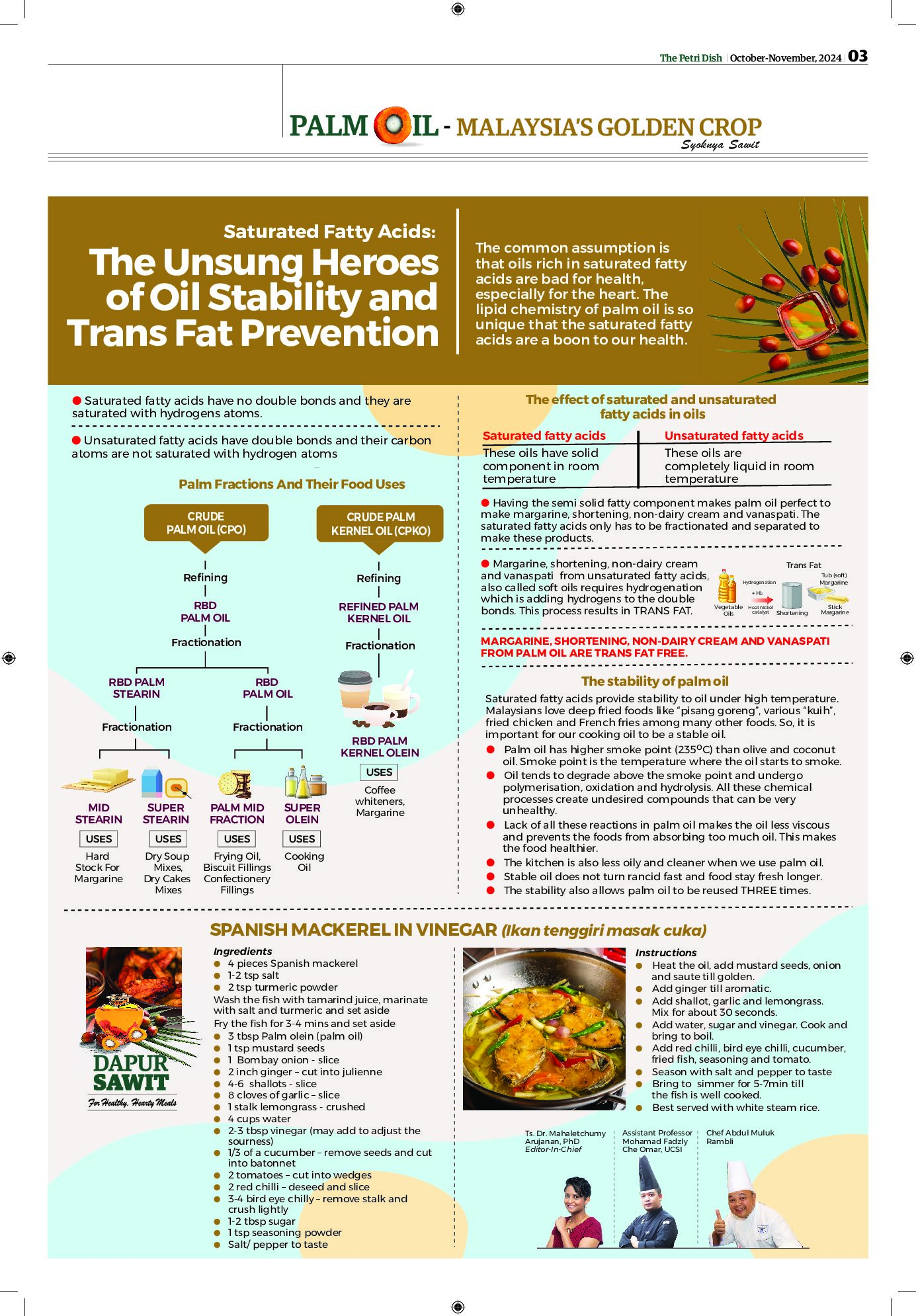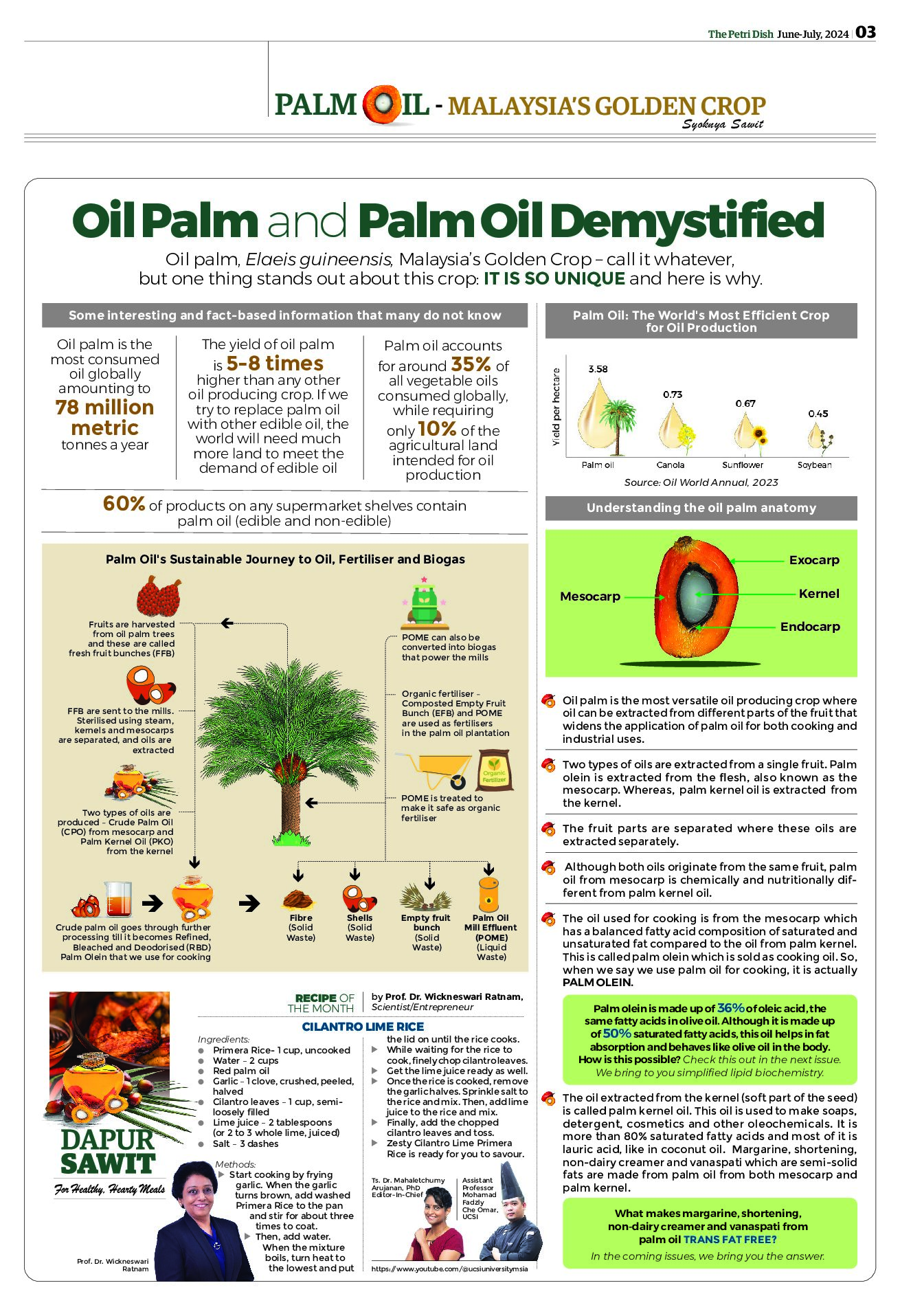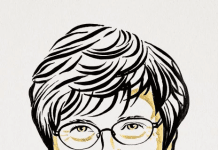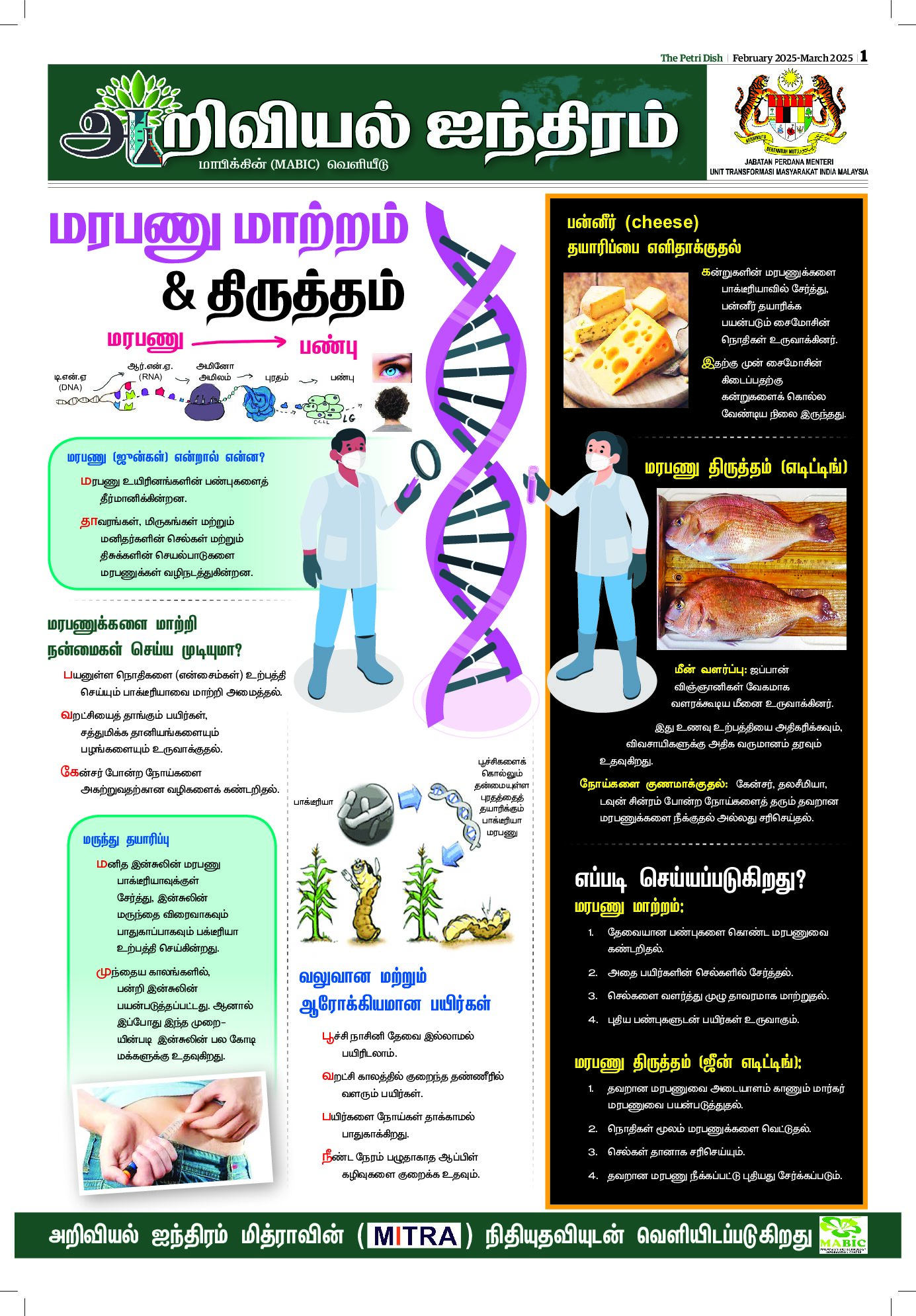Locally and internationally, Prof Teo Soo-Hwang is well known as a cancer researcher and has received many accolades for her untiring work in this area of science. Recently she took time off to share with our journalist SHAMIRA SHAMSUDDIN on her long journey to becoming a world recognised science researcher and CEO of Cancer Research Malaysia.
HOW did you end up in cancer research?
I secured a Sime Darby Foundation scholarship to study science at the University of Cambridge. I did very well in my undergraduate degree and came on top of my class consistently. I was then offered Wellcome Trust scholarship to do my PhD. I decided to go into something related to human health. I chose to work on DNA repair processes, that was when the introduction of cancer research came about. Upon completion of my PhD in
1996, I wanted to focus on cancer research and joined Professor Stephen Jackson at the Cancer Research UK Institute of Cancer and Developmental Biology. Together, we identified new genes which were previously not implicated in cancer.
What is the most significant milestone in your career?
In 1998, I won the the prestigious Royal Society Dorothy Hodgkin fellowship which aims to help young women to build career in science by offering them the flexibility to take career break or part time work, and long term funding to support research. Many women at the time that they are trying to build their career, is also at their point to have a family. When you take a step off career ladder to have a family, it will be difficult to restart. I would say that this fellowship was incredibly supportive in highlighting the work that I did and enabling me to have a family and work-life balance.
What does the OBE award mean to you?
This award belongs to a large team of individuals who have supported our efforts in changing the outcome of cancer patients through research. When we first started, no one thought that a non-profit Malaysian organisation in a low resource setting could succeed in
cancer research. Today it is possible because of countless donors, supporters, partners, doctors and most importantly, patients who have walked with us along this journey. In particular, I would like to thank my team for their sacrifices, their contribution and their diligence in ensuring impactful research. I hope that the Award highlights that anything is possible, and together, we can work towards a future free of the fear of cancer.
What led to the setting up of a cancer research centre in Malaysia?
In 1998,I was approached by Tan Sri Tunku Ahmad Yahaya, then the chief executive officer of Sime Darby to consider returning to Malaysia to establish a non-profit cancer research organisation. He was looking at raising funds in Malaysia to support research on oral cancer, which affects Asians more than Caucasians. We spent two years writing the concept
paper, and presented to philantrophist, funding organisations, and companies. We successfully received seed funding from Petronas, Lim Foundation, Tote Board, and Sime Darby to establish Cancer Research Initiatives Foundation (CARIF) in January 2001.
Why do you see the need for a local cancer research centre? Research in the past mostly focused on cancers which are common in the west, and using
the understanding of the genetic profiles of the Caucasians. Cancer Research Malaysia exists because we focus on cancers which are common among Asians like oral and nasopharyngeal cancer. Our genetics are different and that influences not just our risk to
disease but also our response to treatment. Without us doing this research here, the fight against cancer would eliminate Asians and especially Malaysians.
Why is your logo “C” in reverse?
At Cancer Research Malaysia, we believe cancer research will enable us to reverse cancer. Hence our logo is a “C” written in reverse — reversing cancer.
What are some remarkable achievements by far?
We have put Malaysia on the world map for cancer genetics study. We currently have 16000 women from Malaysia and Singapore taking part in our breast cancer study.
This study will help us to develop a way of helping women understand whether they have 5%, 30%, or 80% chance of developing breast cancer. We are really taking the lead for the Asian countries as it is the largest study in Asia pertaining to breast cancer and funded by the Wellcome Trust. It will hopefully transform our approach to screening in the future.
We have been a leader in genetic predisposition for BRCA1 and BRCA2 in the breast and ovarian cancer, in Malaysia and the region. We have expanded the centres that offer genetics counseling and genetics testing. From three to 30 centres all over the country. This is the first national study to do such a mainstreaming project in Asia and was selected for presentation and award at the European Society for Medical Oncology Congress in Singapore last year. It is really a landmark study for changing how we make genetics information available to the Asian population.
We have developed a vaccine for oral and nasopharyngeal cancer. This vaccine has recently received e-dana grant to complete the final precilinical study. Our early data suggests this vaccine can delay the progression of cancer and boost immune system of cancer patients effectively.
How long do you think it will be before scientists are able to cure cancer?
Firstly, one must know that cancer is not one disease. Cancer in the breast is different from the cancer in the brain, colon, etc.. Even within specific geographical site, cancer is different from one patient to another. We’re already able to prolong the survival for many
cancers. In the 1970s, about 50% of patients would die within five years.Today, on average, the survival rate has doubled. For early stage breast cancer, the survival rate is 95%. For testicular cancer and leukemia, the survival rate is nearly 100%. Unfortunately
advances in survival rates are not equal across all cancers. For oral cancer, ovarian cancer and lung cancer, survival has not improved significantly. But I’m optimistic that we’ll be able to beat cancer eventually. We have to continue to fund research.
What is your advice to young people who aspire to build a career in cancer research?
Don’t give up. The road to become a scientist is really a tough one. I have been really privileged that I have the opportunity to not just do what I love, but love what I do.
In science you never know what’s the next big thing, what’s the next challenging thing… The rewards of being part of that change are huge and significant. And it is also nice that you get to work with like minded people, who really want to work for a greater cause. It is
really meaningful that you get to dedicate your life towards something that will change the world that we live in.













